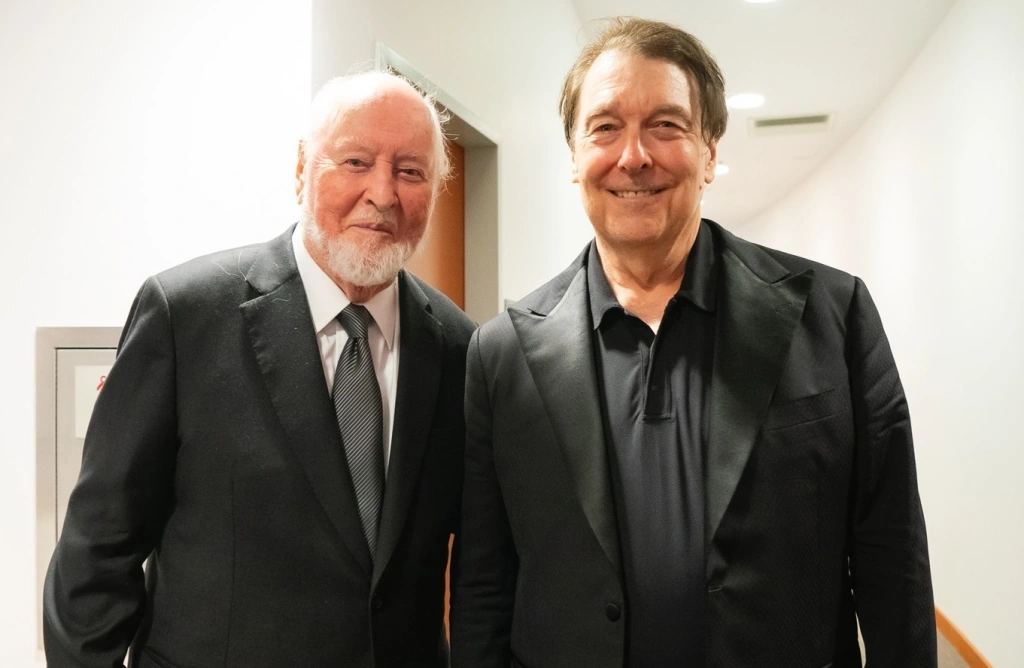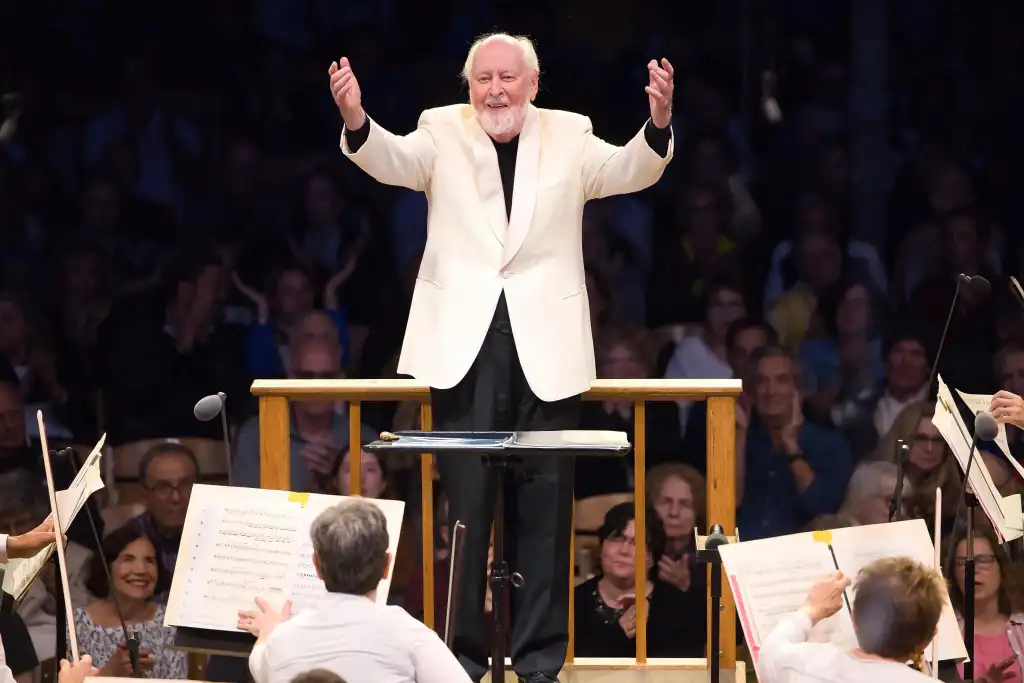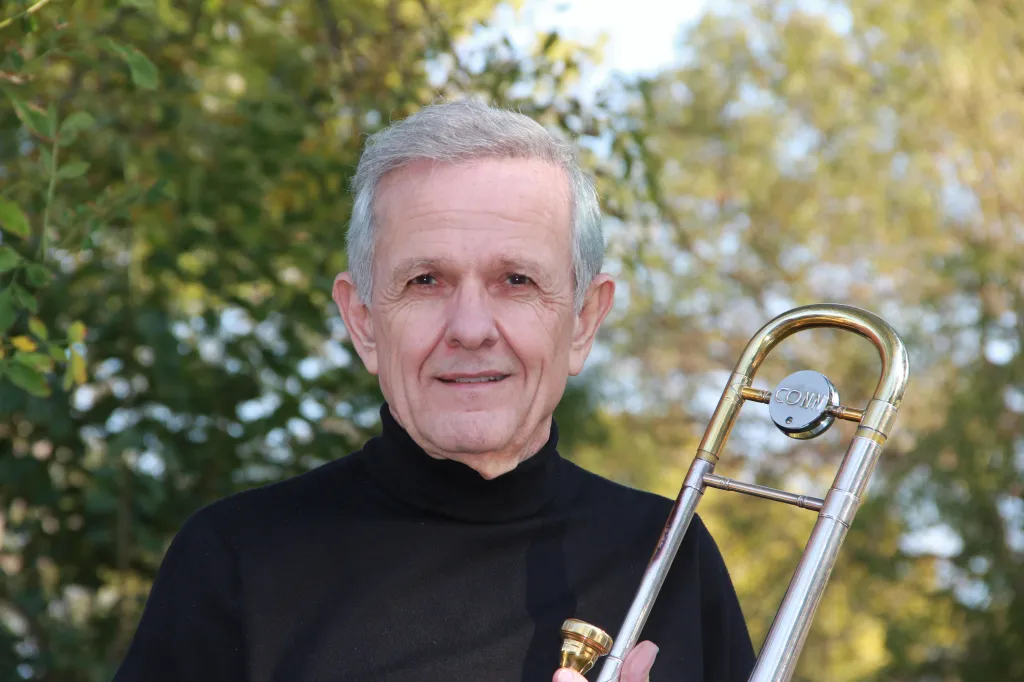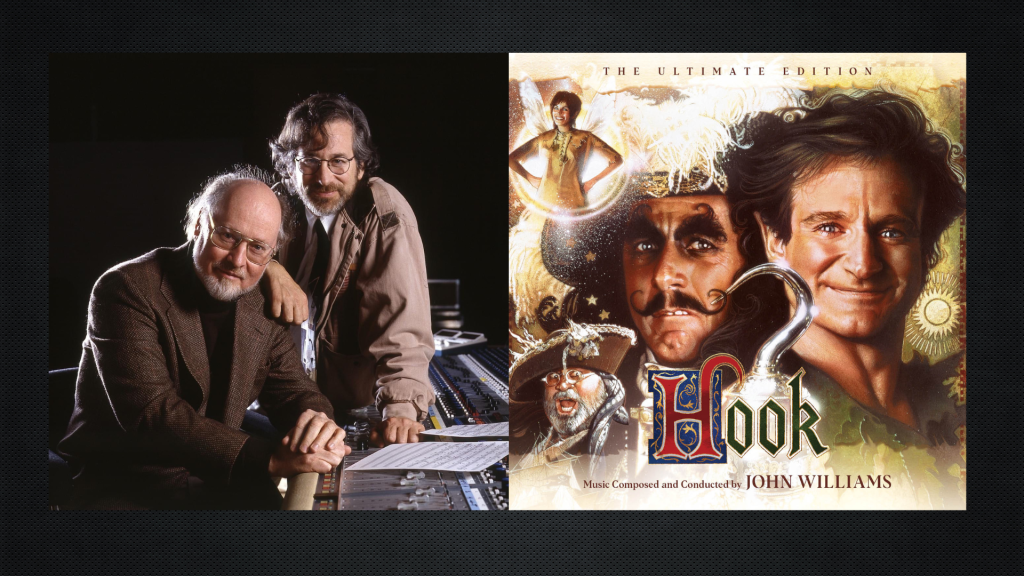Featuring Writer and Journalist Tim Greiving
Audio-only version:
Film music is now a staple of the concert hall experience, with countless performances across the world by symphonies and ensembles of all kind, from local community orchestras to major historical institutions. Music from the movies is performed on the same stage where only the accepted canon of classical repertoire was once allowed, bringing a new audience to the concert hall and reinvigorating the live experience with innovative formats like the live-to-picture concerts. If all this is now part of the established reality of the classical music environment, a huge part is owed to John Williams and his 45-year activity as a champion of conducting film music in concert venues.

After being appointed Music Director of the Boston Pops Orchestra in 1980, Williams took advantage of the public exposure that such a prestigious post gave him and started to include music written for films as part of the regular Pops programming, mostly selections from his own scores, but also pieces by Hollywood composers he admired such as Erich Wolfgang Korngold, Alfred Newman, Bernard Herrmann, Franz Waxman, Dimitri Tiomkin, to name a few. The success of the films that Williams was attached to in those years, together with the popularity he gained thanks to his conducting career, made him become the world’s most renowned ambassador of film music and the one who did the most to acknowledge its proper place in the concert hall after decades of being ignored, frowned upon or dismissed with contempt. As the decades passed, Williams was often invited to guest-conduct many orchestras across the United States, including venerable institutions like the Chicago Symphony, the New York Philharmonic and the Philadelphia Orchestra; he kept a strong relationship with the Boston Symphony as Conductor Laureate of the Boston Pops; and he established a deep bonding with his hometown orchestra, the Los Angeles Philharmonic, with which he still appears annually for the “Maestro of the Movies” performances at the Hollywood Bowl, where a huge crowd of 17,000 people cherish him as a rockstar.

Popularity aside, what John Williams achieved through his work both as a composer and as a conductor and public figure in the last four decades is immense, especially when it comes to the appreciation of the film music repertoire by the general audience, including regular patrons of the concert halls. The generation of composers that preceded him was often neglected, when not completely ostracized, by the intellighentsia and this attitude created musical ghettos in which many of those composers and their music were confined, failing to recognize for too many years the real value of their work. This prejudice was mostly consequence of the political turmoil that marked the years between the two world wars of the 20th century (as brilliantly recounted by John Mauceri in his book The War On Music) and that continued to tarnish the reputation of many composers in the following decades. In this regard, a figure like John Williams was exactly what was needed to bring a renewed sense of respect toward a discipline that, for better or worse, has influenced a large part of the musical aesthetics of the previous century and now also the first two decades of the new millennium.

It’s in this path that we arrive to A Century Of Film Music, a program that is being performed on February 2, 3 and 4 at the Walt Disney Concert Hall by the Los Angeles Philharmonic conducted by David Newman. The concert is part of a two-year series curated by John Williams and it presents an exciting journey through several decades of great film music, with selections from scores by some of the finest composers who ever wrote for the movies. The program contains music from all-time classics like Vertigo (Bernard Herrmann), Ben-Hur (Miklós Rózsa), Lawrence of Arabia (Maurice Jarre), The Godfather (Nino Rota) Once Upon A Time In The West (Ennio Morricone), but also gems seldom heard live such as Captain Blood (Erich Wolfgang Korngold) Spartacus (Alex North), Sunset Boulevard (Franz Waxman), Wuthering Heights (Alfred Newman) and Planet of the Apes (Jerry Goldsmith); modern classics like Batman (Danny Elfman) and Back To The Future (Alan Silvestri) are also represented; there’s also the world-premiere performance of “The Night Window” from 1917 by Thomas Newman, the most recent piece (2019) on the program; and of course Maestro Williams’ own music is featured, with selections from Close Encounters of the Third Kind and Indiana Jones.

It’s important to note that the concert does not include projections of film clips, but everything will be performed as “pure music”, just like a regular classical subscription concert. In the world’s capital of the film industry is fitting that an entire night is finally devoted to a true celebration of some of the best examples of an artform that still needs to be furtherly studied and acknowledged. It’s a special event that mirrors one of the three Opening Night galas that christened the Walt Disney Hall in 2003, in which John Williams also played a big role.

This is the starting point of the new “Legacy Conversation” podcast episode, a lively discussion with David Newman about the challenges and the opportunities of performing film music in the concert hall, while also reflecting on how crucial John Williams has been in making film music more widely accepted and recognized. Joining the conversation is writer and journalist Tim Greiving, who has followed the film music industry closely for almost 20 years and witnessed the transformation of how music from the movies is perceived by the audience.

A Century Of Film Music
John Williams Spotlight Series
February 2, 3 and 4, 2024 at the Walt Disney Concert Hall
Los Angeles Philharmonic Orchestra, conducted by David Newman
Diana Newman, soprano
Bing Wang, solo violin
PROGRAM
Alfred NEWMAN
20th Century Fox Fanfare
Erich Wolfgang KORNGOLD
Main Title from Captain Blood
Miklós RÓZSA
Prelude (Main Title) from Ben-Hur
Franz WAXMAN
Sunset Boulevard Suite
Bernard HERRMANN
Scène d’Amour from Vertigo
Alex NORTH
“Forest Meeting” and “March” from Spartacus
Alfred NEWMAN
Cathy’s Theme from Wuthering Heights (with Ms. Wang)
Maurice JARRE
Suite from Lawrence of Arabia
–Intermission–
Danny ELFMAN
Main Title from Batman
John WILLIAMS
Excerpts from Close Encounters of the Third Kind
Jerry GOLDSMITH
The Hunt from Planet of the Apes
Ennio MORRICONE
Main Title from Once Upon a Time in the West (with Ms. Newman)
Thomas NEWMAN
The Night Window from 1917
John WILLIAMS
“Scherzo for Motorcycle and Orchestra” from Indiana Jones
Nino ROTA
Suite from The Godfather
Alan SILVESTRI
Suite from Back to the Future
The Legacy Conversations Video Series – Episode #6
A Century Of Film Music: Reflections On Film Music In The Concert Hall
Featuring Special Guests
David Newman, composer/conductor
Tim Greiving, writer and journalist
Produced and Hosted by Maurizio Caschetto and Tim Burden
Editing and Post-Production by Maurizio Caschetto



